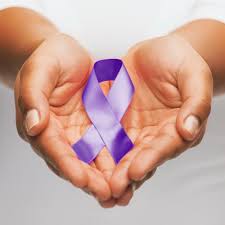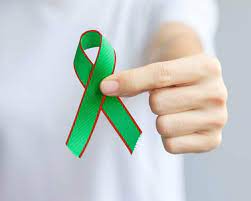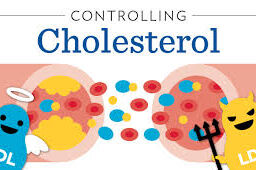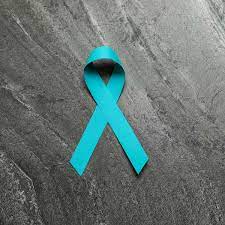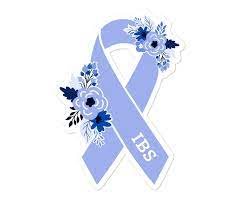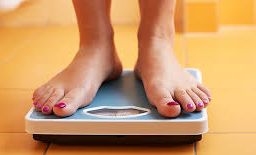
Signs of Dehydration | Recognizing Symptoms & Staying Hydrated
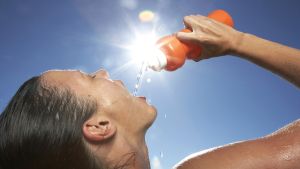
This myth “you only need to drink water when you are thirsty” is definitely untrue. Thirst is the body’s way of signaling that it needs more fluids, which typically means it needs more water. When you’re dehydrated, your body loses more water than it takes in, which can lead to symptoms such as dry mouth, thirst, dark yellow urine, fatigue, and dizziness.
Understanding thirst
While thirst is a natural signal that your body needs more fluids, it’s not always the most reliable indicator of your hydration needs. Sometimes, by the time you feel thirsty, you may already be slightly dehydrated. Therefore, it’s important to not rely solely on thirst as a sign that you need to drink water.
Additionally, thirst can be caused by factors other than dehydration, such as a dry or hot environment, physical activity, or certain medications. So, while feeling thirsty can be a sign that you need to drink more fluids, it’s not the only factor to consider when assessing your hydration status. It’s important to also pay attention to other signs of dehydration and to drink fluids regularly throughout the day to prevent dehydration from occurring in the first place.
It’s generally recommended that adults drink at least 8 glasses (64 ounces) of water per day, or more if you are physically active or live in a hot climate. However, the exact amount of water you need can vary depending on your individual needs, such as your body size, activity level, and the environment you’re in.
In conclusion, to ensure that you’re staying hydrated, it’s a good idea to drink water regularly throughout the day, even if you don’t feel thirsty. Pay attention to other signs of dehydration, such as dark urine, fatigue, dry mouth or skin, and dizziness. If you experience any of these symptoms, it’s important to increase your fluid intake, even if you don’t feel thirsty.
Disclaimer: The information provided in this content is for general informational purposes only. It is not intended as medical or healthcare advice, diagnosis, or treatment. Always seek the advice of a qualified healthcare professional with any questions you may have regarding a medical condition or healthcare decisions.



